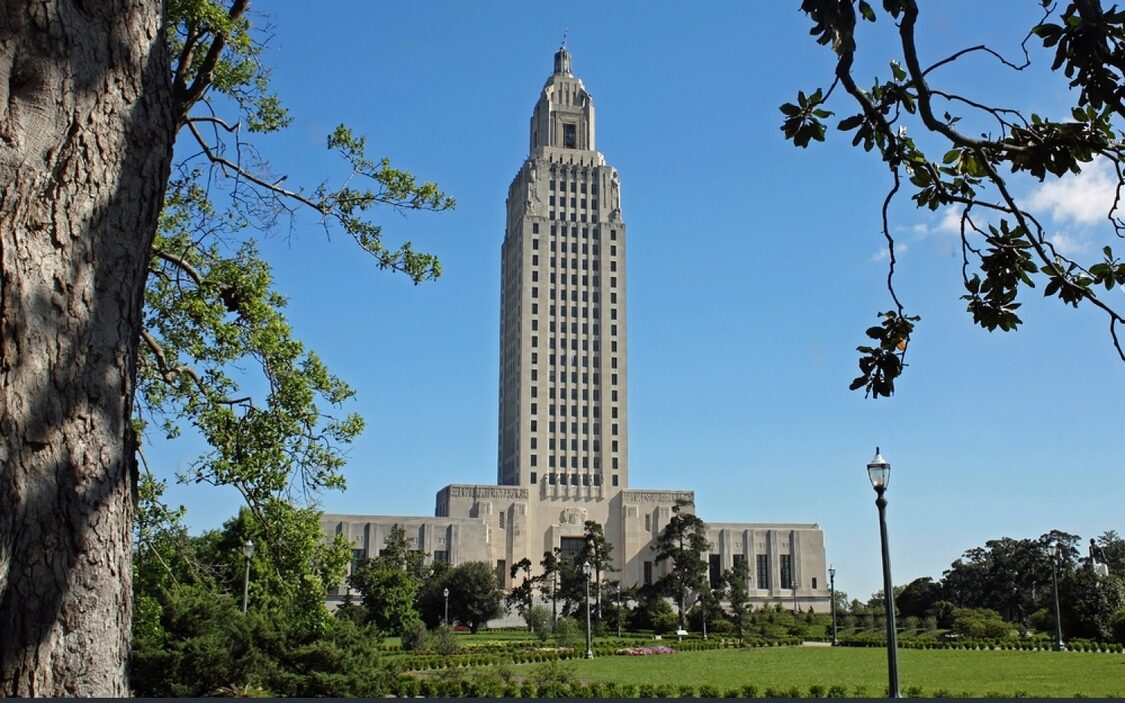Louisiana lawmakers on Friday approved a new congressional map that gives the state a second Black-majority US House district and likely puts at risk a Republican-controlled seat.
The legislative action, taken during a special session called to comply with a federal court order, represents a win for Democrats and the civil rights groups that have waged a long-running legal battle over congressional boundaries approved by Louisiana’s Republican-controlled legislature in 2022. A federal judge had concluded that the earlier map discriminated against Louisiana’s Black voters, who make up nearly a third of the state’s population but accounted for a majority of voters in just one of the Bayou State’s six congressional districts.
Louisiana’s special session and other ongoing skirmishes over redistricting have been closely watched in Washington, where Republicans currently hold a threadbare-majority in the US House of Representatives. The outcome of fights over district lines could shape which party controls the chamber after November’s elections.
The newly appointed Republican governor of Louisiana, Jeff Landry, is now anticipated to approve the law creating the new districts.
As a plaintiff in one of the court disputes over the maps, Ashley Shelton, the president and CEO of the Power Coalition for Equity and Justice, stated in a statement that the legislation “finally offers Black voters in a second congressional district the opportunity to elect their preferred candidates.”
The National Democratic Redistricting Committee chairman, former US Attorney General Eric Holder, claimed that the new plan “delivers significant progress for Black Louisianans,” but he bemoaned the length of the court struggle that was necessary to get there.
Rep. Troy Carter, the only Black member of Louisiana’s congressional delegation, is also the only Democrat.
The new plan adds a second majority-Black district to a district currently represented by Republican Representative Garret Graves, which cuts through the center of the state.
Graves’s chances of winning reelection are jeopardized by the current arrangement. Additionally, House Speaker Mike Johnson, a fellow Republican from Louisiana, publicly pleaded for Louisiana’s GOP lawmakers to keep opposing the court ruling, but they refused. Instead, they drew new boundaries.
Johnson claimed in a statement released earlier this week that there were substitutes available that would avoid what he referred to as “the unnecessary surrender of a Republican seat in Congress.”
A request for comment on Friday was not immediately answered by Graves’ spokeswoman. Johnson has not commented on the final map in the public eye.
This week, Landry and Republican state senators issued a warning, saying that if lawmakers didn’t create the map themselves, they would turn the authority over to a federal judge.
At the start of the special session earlier this week, Landry told members, “These maps will… ensure that the congressional districts of our state are made right here in the legislature and not by some heavy-handed member of the federal judiciary.”
He declared that the state had used up all available legal options.
Former President Barack Obama nominated US District Judge Shelly Dick to the bench, and she gave Congress until the end of January to redraw boundaries in a way that complied with the federal Voting Rights Act.
Johnson’s seat and the seat of another Louisiana Republican congressman, House Majority Leader Steve Scalise, are protected by the revised maps that were adopted on Friday.




